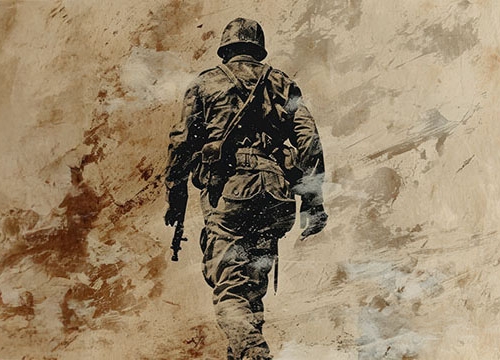Feeling Unsafe: Law as Emotional Regulation in the Development and Deployment of AI-enabled Means and Methods of Warfare
Event


Adobe Stock
This panel event, co-organised with the Geneva Graduate Institute, explores the role that emotions play in the development, deployment, and regulation of artificial intelligence in warfare. This conversation with scholars working in the field of international humanitarian law is informed by broader theoretical perspectives, as well as by concrete practical applications of AI in the contemporary battlefield.
Welcome and introductions:
Anne Saab
Associate Professor of International Law, Geneva Graduate Institute; PI on SNF-funded project ‘Emotions and International Law’
Panelists:
Nehal Bhuta
Professor of Public International Law, University of Edinburgh
Anna Greipl
PhD researcher, Geneva Graduate Institute and researcher, Geneva Academy
Rebecca Mignot Mahdavi
Assistant Professor of Law, Sciences Po Law School
Aliki Semertzi
Postdoctoral researcher, SNF-funded project ‘Emotions and International Law’, Geneva Graduate Institute
Moderator & discussant:
Erica Harper
Head of Research and Policy Studies, Geneva Academy
Disclaimer
This event may be filmed, recorded and/or photographed on behalf of the Geneva Academy. The Geneva Academy may use these recordings and photographs for internal and external communications for information, teaching and research purposes, and/or promotion and illustration through its various media channels (website, social media, newsletters, annual report, etc.).
By participating in this event, you are agreeing to the possibility of appearing in the aforementioned films, recordings and photographs, and their subsequent use by the Geneva Academy.








